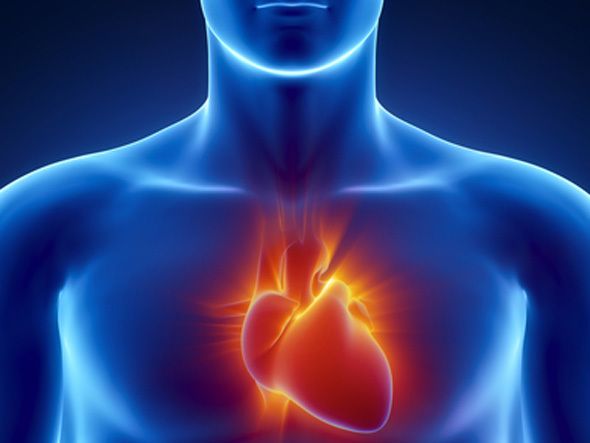

Blood Pressure
Blood pressure is the force of blood pushing against the walls of your arteries, which carry blood from your heart to other parts of your body. Blood pressure normally rises and falls throughout the day. But if it stays high for a long time, it can damage your heart and lead to health problems. High blood pressure raises your risk for heart disease and stroke, which are leading causes of death in the United States.
High blood pressure has no warning signs or symptoms, and many people do not know they have it. The only way to know if you have it is to measure your blood pressure. Then you can take steps to control it if it is too high.
Learn more about high blood pressure:

Diabetes
Diabetes, often referred to by doctors as diabetes mellitus, describes a group of metabolic diseases in which the person has high blood glucose (blood sugar), either because insulin production is inadequate, or because the body's cells do not respond properly to insulin, or both. Patients with high blood sugar will typically experience polyuria (frequent urination), they will become increasingly thirsty (polydipsia) and hungry (polyphagia).
Learn more about Diabetes:

Heart Disease
Heart and blood vessel disease — also called heart disease — includes numerous problems, many of which are related to a process called atherosclerosis. Atherosclerosis is a condition that develops when a substance called plaque builds up in the walls of the arteries. This buildup narrows the arteries, making it harder for blood to flow through. If a blood clot forms, it can stop the blood flow. This can cause a heart attack or stroke.
Learn more about Heart Disease:
